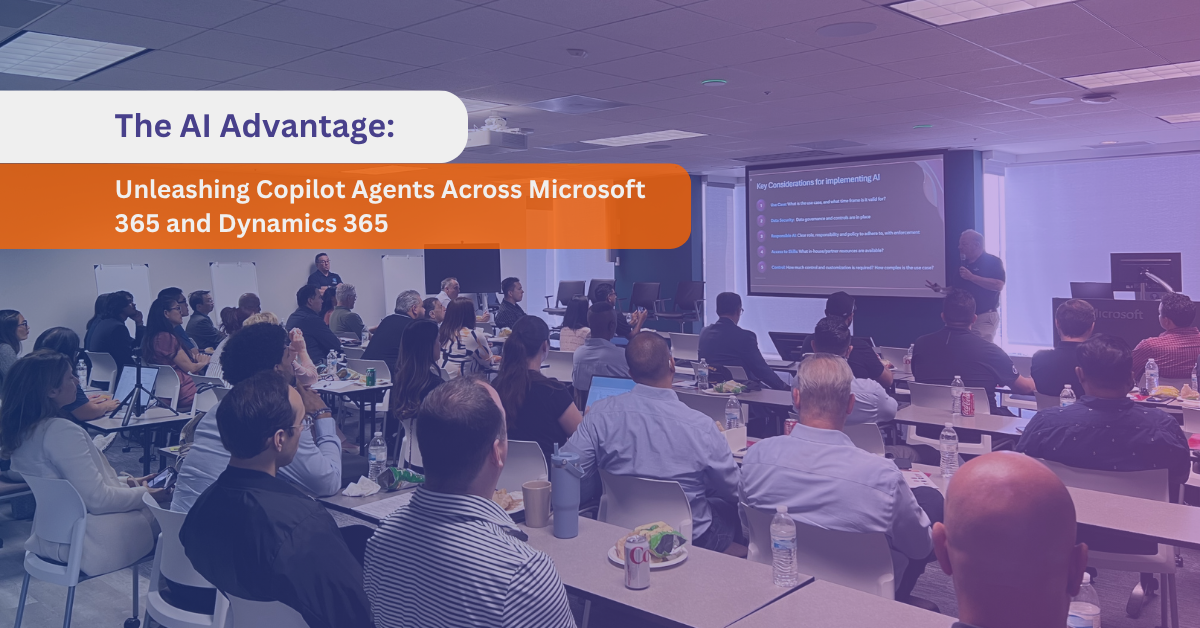The CIA Triad for Business Executives: Understanding Availability (Part Three)
Part Three
In the first two parts of this series, we explored Confidentiality (keeping sensitive information private) and Integrity (ensuring data remains accurate and trustworthy). Now we turn to Availability, the principle that ensures systems and data are accessible when you need them.
For business leaders, availability is the engine that keeps operations running. When systems go down, productivity stalls, customers wait, revenue slows, and teams scramble – meaning downtime is both inconvenient and expensive.












